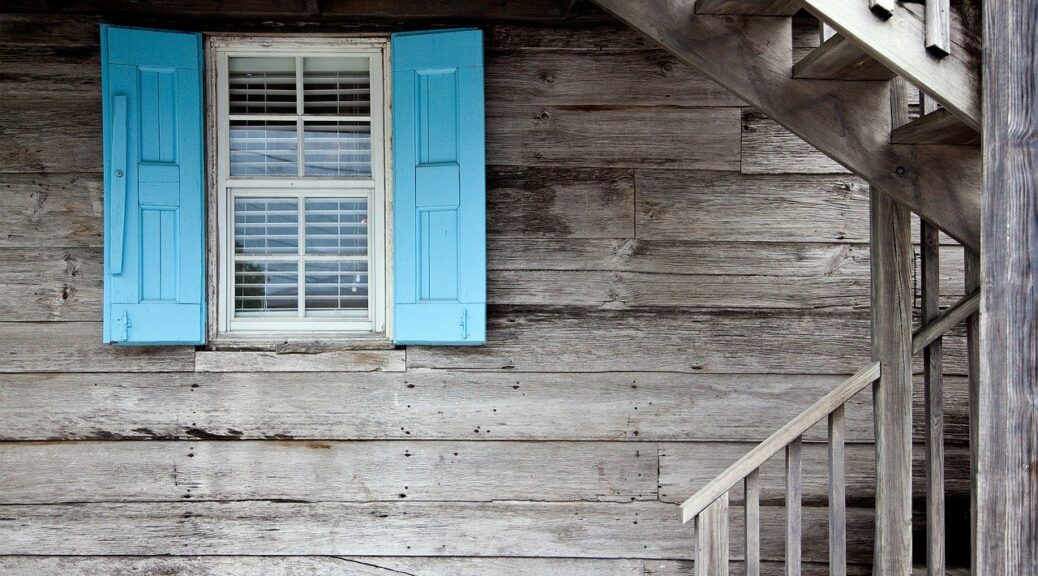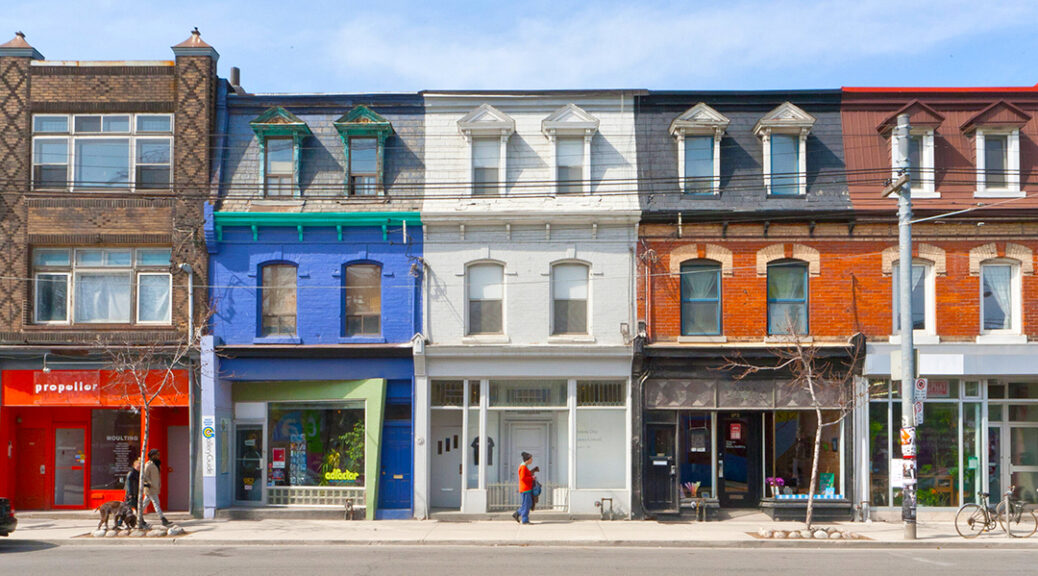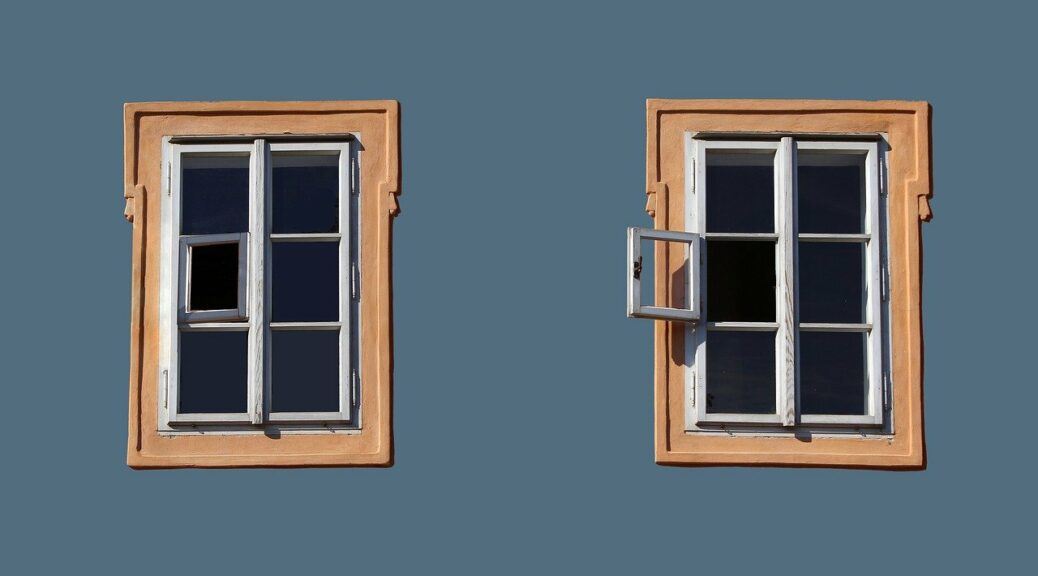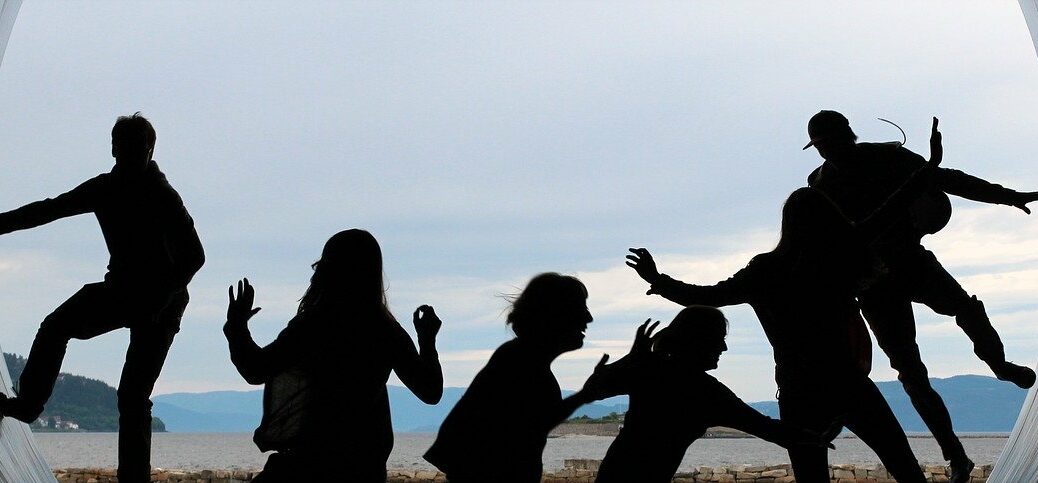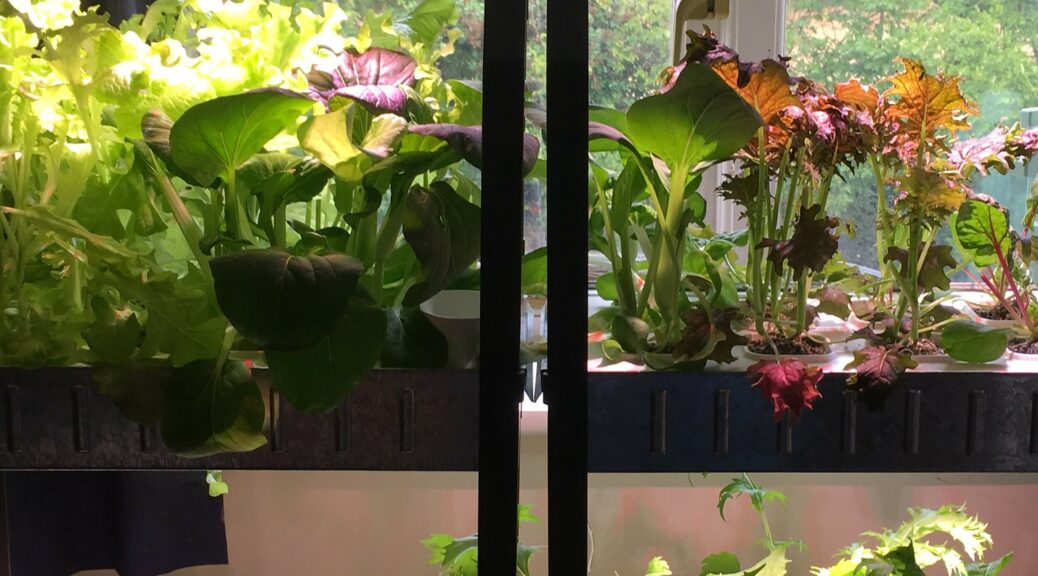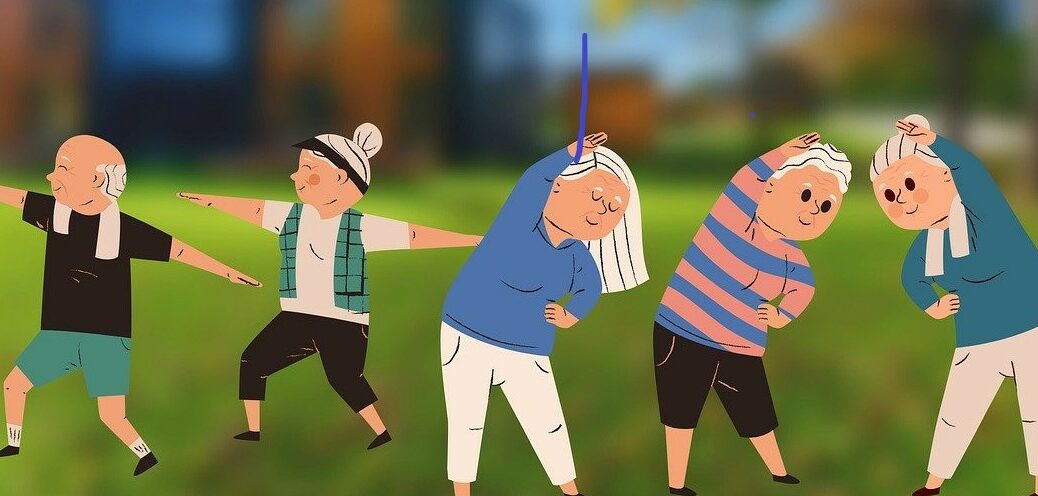The imperative of continuous economic growth expects us to consume endlessly – food, clothes, household appliances. As a result of this mass consumption, we stop respecting objects. We throw them away instead of repairing them, we waste food. We deplete the planet’s resources and destroy the environment. Economic growth also needs our tendency towards individualism and competition, and this makes the desire to cooperate with others, although equally natural, increasingly absent. We becomegradually isolated and unhappy.
Continue reading Cohousing challenges the consumerist model of lifeAll posts by Joanna Marcinkowska
Legal models for our projects
One of the most important questions we ask ourselves when working on our pilot project is about the legal model. This is crucial from the point of view of the problems we want to answer with our initiative. These problems are among others rising property prices and speculation in the housing market.
Continue reading Legal models for our projectsCommunity Land Trust – CLT model
This is the last model to appear on our list of favourites. However, it is very likely that more will follow 🙂
Continue reading Community Land Trust – CLT modelCohousing Lilac – a model based on solidarity between those who earn more and those who earn less
This is another of our favourite models. It has been used by the Lilac co-op in the UK. The solution aims to ensure housing affordability, a strong community and low environmental impact . So as much as possible it also matches our values. It is not only the project model that is innovative in this cohousing, so you can be sure that you will hear more about it on the blog when we cover other topics.
Continue reading Cohousing Lilac – a model based on solidarity between those who earn more and those who earn lessMietshäuser Syndikat – “better to have a thousand friends on your back than one bank breathing down your neck”
We were also interested in the legal model of the Mietshäuser Syndikat, which was founded in 1989 in Freiburg, Germany. Like La Borda in Spain, the aim of the Syndicate is to ensure that housing is always available to lower earners and does not become marketable.
Continue reading Mietshäuser Syndikat – “better to have a thousand friends on your back than one bank breathing down your neck”La Borda – we build housing to build community
This is one of our favourite projects, appreciated by others too. It has received many awards, including the Mies van der Rohe award for new architecture this year!
Continue reading La Borda – we build housing to build communityHave cities ceased to be ours?
After the financial crisis of 2008, it is increasingly being said that cities no longer belong to us, but are becoming an area of speculation and a tool for making profits. This process affects, among others, the housing market. Housing is treated as a commodity and not as a social good. This phenomenon is called the financialisation of housing. It consists of many different elements.
Continue reading Have cities ceased to be ours?Farming in a cooperative
Is slowly becoming possible even without a large garden. All year round, whatever the weather, we can have access to local produce without pesticides. And this is thanks to the technology – hydroponic cultivation.
Continue reading Farming in a cooperativeVienna in Cracow
In Krakow you can still see the exhibition in the former Hotel Cracovia until 29 May 2022: “Vienna Builds. Residential construction in Vienna between 1920 and 2020”
Continue reading Vienna in CracowResistance to loneliness
Do Poles only care about themselves? I don’t believe that individualism is so important for us, and we wouldn’t like to change at least a little bit this model of life. There is a reason why in the description of our project we indicated in the first point that it is supposed to be an answer to loneliness and lack of social bonds. See how inspiring is the story of ladies who used the very idde of cohousing to create a small, helping community.
Continue reading Resistance to loneliness
